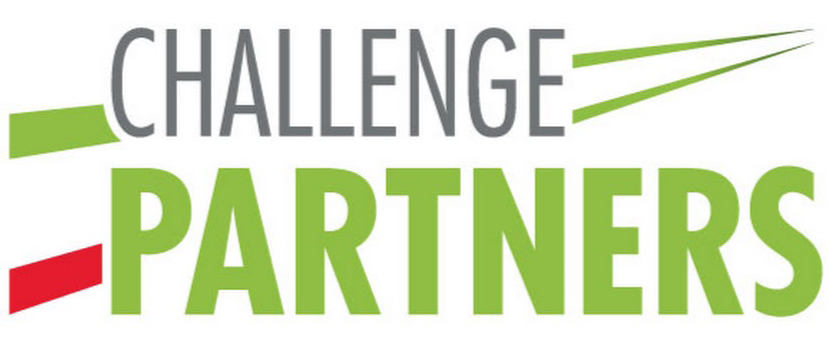English
Why do we study English ?
The study of English is the foundation of high quality learning across Barnhill’s curriculum and is key to personal development. Our aim is to deliver a rich and diverse curriculum that instils a life-long appreciation of literature, develops critical thinking and provides a secure knowledge base, from which we can develop effective written and spoken communication skills.
We believe that these skills empower our young people to be successful members of society: they enable our students to continue to better themselves and their community long after leaving Barnhill; they are key to accessing the world of work and adapting to the cultural momentum of the ‘here and now’.
Programme of Study
Year 7
- Unit 1: Prose (Animal Farm by George Orwell)
- Unit 2: Creative Writing (Opening Doors to Fantastical Worlds)
- Unit 3: Poetry (Narrative Poetry Anthology)
- Unit 4: Drama (A Midsummer Night’s Dream by William Shakespeare)
- Unit 5: Non-fiction (‘Voices in Non-Fiction’ Anthology)
- Unit 6: Transactional Writing (Voices & Perspectives)
Year 8
- Unit 1: Prose (Of Mice and Men by John Steinbeck)
- Unit 2: Creative Writing (Shadows of Tomorrow: Navigating Dystopian Realities)
- Unit 3: Poetry (‘Relationships’ Poetry Anthology)
- Unit 4: Drama (DNA by Dennis Kelly)
- Unit 5: Non-fiction (‘Social Non-fiction’ Anthology)
- Unit 6: Transactional Writing (A Charge of Perspective)
Year 9
- Unit 1: Prose (The Stange Case of Dr Jekyll and Mr Hyde by Louis Stevenson)
- Unit 2: Creative Writing (Haunted Pages: Gothic Explorations)
- Unit 3: Poetry (‘Culture and Identity’ Anthology)
- Unit 4: Drama (The Tempest by William Shakespeare)
- Unit 5: Non-fiction (‘The Power of Rhetoric’ Anthology)
- Unit 6: Transactional Writing (The Art of Persuasion)
Years 10 & 11: AQA GCSE – English Language (8700)
- Fiction: Language Paper 1 (Explorations in Creative Reading and Writing)
- Non-fiction: Language Paper 2 (Writer’ Viewpoints and Perspectives)
Years 10 & 11: AQA GCSE – English Literature (8702)
- Paper 1, Section A: William Shakespeare’s Macbeth
- Paper 1, Section B: Charles Dickens’ A Christmas Carol
- Paper 2, Section A: J. B. Priestley’s An Inspector Calls
- Paper 2, Section B: AQA’s ‘Power and Conflict’ Poetry Anthology
- Paper 2, Section C: Unseen Poetry
Years 12 & 13: OCR English Literature A-Level (H472)
- Paper 1, Section A: William Shakespeare’s Hamlet
- Paper 1, Section B: Henrik Ibsen’s A Doll’s House and Chaucer’s The Merchant’s Prologue and Tale
- Paper 2, Section A: Investigations into the Gothic
- Paper 2, Section B: Bram Stoker’s Dracula and Angela Carter’s The Bl**y Chamber
- Coursework 1: Close Analysis of an extract from Sarah Moss’ Ghost Wall
- Coursework 2: Comparative critical analysis of Tennessee William’s A Streetcar Named Desire and poetry from Carol Ann Duffy’s World’s Wife anthology of poems
Our Learning Journey

Useful Resources
- Set texts (provided by the school)
- CGP Revision guides
Homework
KS3: Once per week, incorporating exam practice and supplementary reading to deepen understanding of the subject.
KS4: Once per week for each science subject, focusing on exam practice, targeted revision, and reinforcing key concepts.
At A-level, homework can range from engaging in wider reading (to enrich their understanding from a previous lesson or build foundational knowledge for subsequent lessons), completing essay plans, preparing presentations, conducting independent research or consolidating their learning in a piece of writing.
Enrichment Opportunities
- Debate Club: Fridays at 3pm
- Trip opportunities: Visits to the theatre, Oxford university and the Tate Modern
- Enrichment: Travelling theatre companies; trust-wide poetry recital






